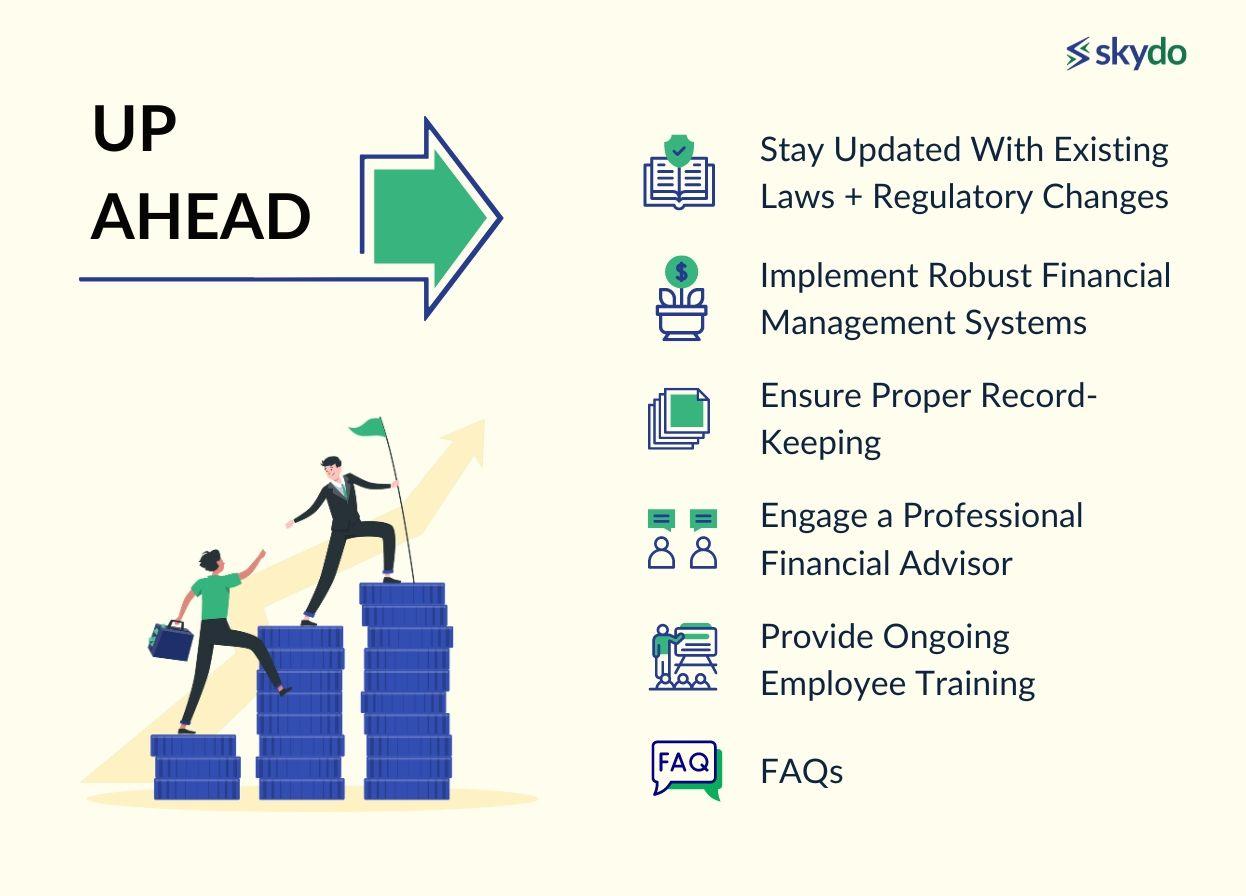
Innovative Tax Equity Solutions: Benefits for Investors and the Environment
Key Takeaways
- Tax equity solutions can provide significant financial benefits for investors.
- These solutions also have a positive impact on environmental sustainability.
- Understanding the mechanics of tax equity investments is crucial for maximizing returns.
- Research and data strongly support the advantages of tax equity solutions.
Introduction to Tax Equity Solutions
Investing in tax equity solutions is becoming an increasingly popular strategy among savvy investors. These financial structures offer robust financial returns and contribute to environmental sustainability by funding renewable energy projects. Unlike traditional investments, tax equity investments enable investors to leverage various tax benefits, providing a win-win situation for their portfolios and the planet. This article delves into the benefits of tax equity solutions and how they can serve as a lucrative and eco-friendly investment avenue.
Financial Gains for Investors
One of the primary attractions of tax equity investments is the potential for substantial financial returns. These investments allow investors to claim tax credits and depreciation benefits, reducing their taxable income. According to Forbes, tax equity investments can offer 6-10% returns, making them a compelling option for those looking to diversify their portfolio. The combination of immediate tax benefits and long-term financial gains makes tax equity solutions particularly appealing, especially in a market where other investment options may be volatile or unreliable.
Boosting Environmental Sustainability
Tax equity solutions play a vital role in promoting environmental sustainability. By investing in renewable energy projects, these financial structures help reduce greenhouse gas emissions and foster the growth of clean energy. The EPA estimates that renewable energy investments can significantly decrease reliance on fossil fuels, thereby mitigating the impact of climate change. As governments and industries push for more sustainable practices, the demand for renewable energy projects is expected to grow, further amplifying the environmental benefits of tax equity investments.
Understanding Tax Equity Investments
It’s essential to fully grasp the mechanics of tax equity investments to leverage their benefits entirely. In a typical setup, an investor provides capital to a renewable energy project in exchange for the project’s tax benefits, such as Investment Tax Credits (ITCs) or Production Tax Credits (PTCs). These tax credits can offset the investor’s federal tax liability, resulting in financial savings. Understanding these mechanisms allows investors to assess their investments’ potential returns and risks effectively, making tax equity a more informed and strategic choice.
Due Diligence and Risk Management
As with any investment, due diligence and risk management are crucial when considering tax equity solutions. Potential investors should thoroughly vet renewable energy projects and understand the associated financial and operational risks. This involves analyzing project viability, understanding the long-term sustainability of the energy produced, and assessing the reliability of the developers involved. A sound risk management strategy can mitigate potential downsides and ensure that the investment is sound and profitable. Engaging with experienced advisors or consultants can also provide valuable insights and enhance the overall investment strategy.
Real-Life Success Stories
There are numerous examples of successful tax equity investments. For instance, large corporations like Google and Apple have invested in renewable energy projects, reaping substantial tax benefits while supporting environmental sustainability. These companies have set a precedent, demonstrating that tax equity solutions can offer financial rewards and positive environmental impacts. Furthermore, these success stories provide other investors with a roadmap, showcasing the viability and benefits of integrating tax equity investments into their portfolios. Smaller investors can also learn from these examples and apply similar strategies on a scale that fits their financial capabilities.
The Future of Tax Equity Solutions
Tax equity solutions are poised to become even more prevalent with the increasing emphasis on sustainable development and the growing market for renewable energy. Policy changes and technological advancements could further enhance the appeal of these investments, making them an integral part of the financial landscape. Innovations in renewable energy technology and supportive government policies will likely create even more opportunities for tax equity investors. The continued global focus on reducing carbon emissions and combatting climate change will also drive further interest and investment in sustainable projects.
Conclusion
Tax equity solutions present a unique opportunity for investors to achieve significant financial gains while contributing to environmental sustainability. By understanding the mechanics of these investments and employing sound risk management practices, investors can maximize their returns and help create a greener future. As the demand for renewable energy rises, tax equity investments will undoubtedly play a crucial role in shaping a sustainable and economically viable future. Embracing these innovative financial structures benefits individual investors and makes a meaningful impact on global environmental efforts.…














